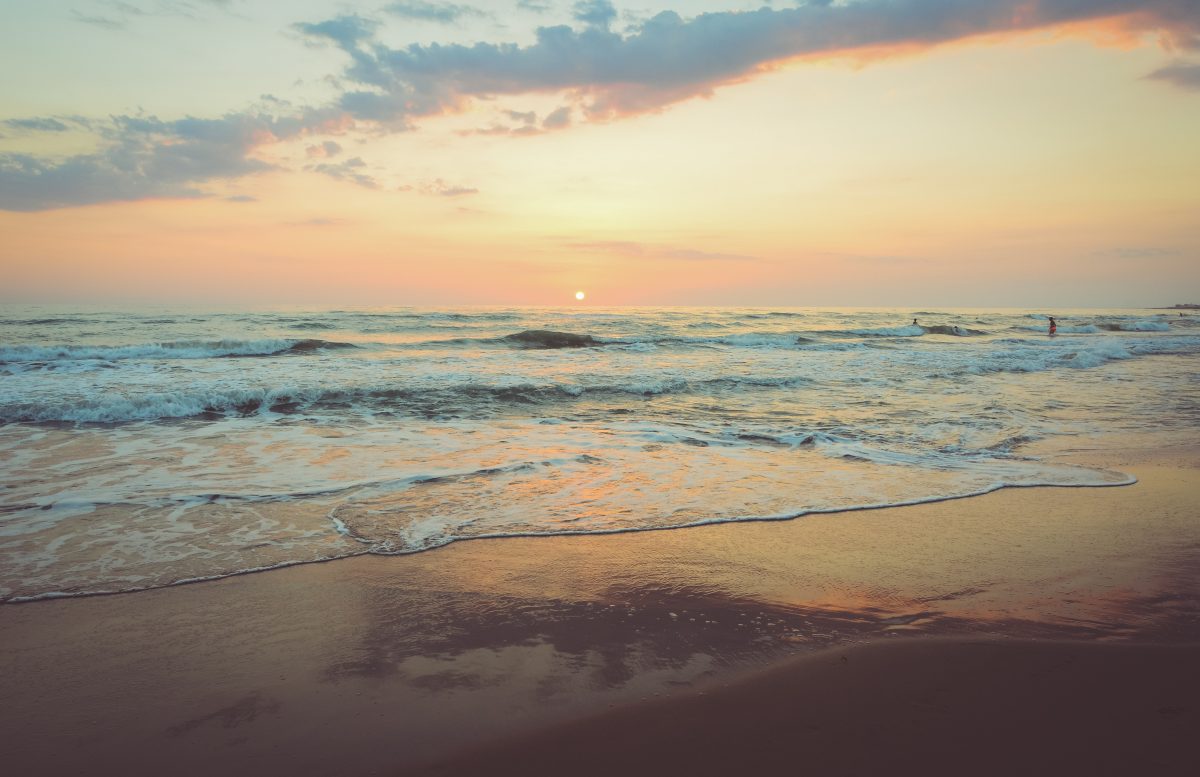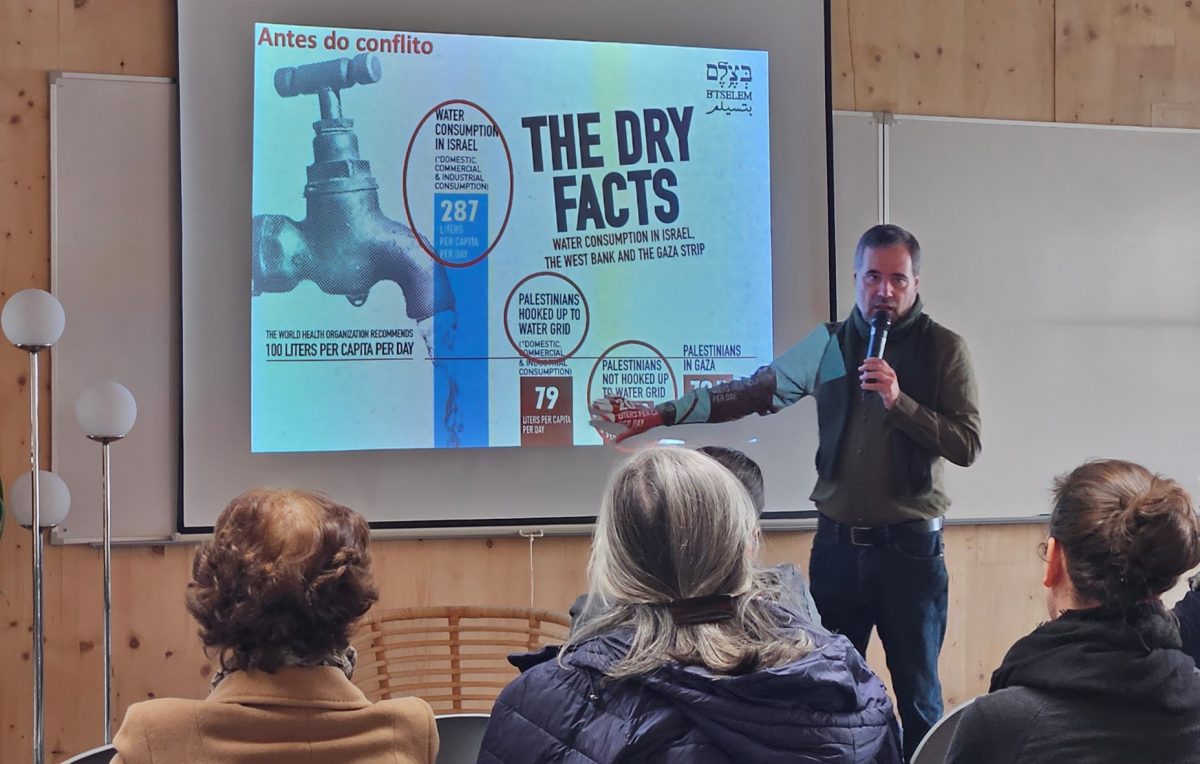The researcher Bordalo e Sá considered today that the authorities must monitor the coast and “implement a tailor-made contingency plan” for the “plastic tide” on the beaches of Northern Spain that could affect Portugal.
“Right now the dominant currents are to the north. It is likely that these particles will reach Portugal in the spring, when the direction of the currents changes, and if the entire contents [of the containers that transported the plastic] have not washed up on the coast, which fell into the sea, although with a smaller impact. The first step will be to activate beach surveillance, also using civil society, and the second step will be to implement a tailor-made and supervised contingency plan”, explained the hydrobiologist from the University of Porto, speaking to Lusa.
Read the full text here.
Source: Green Savers Sapo, Lusa; Image: Camille Minouflet via Unsplash



